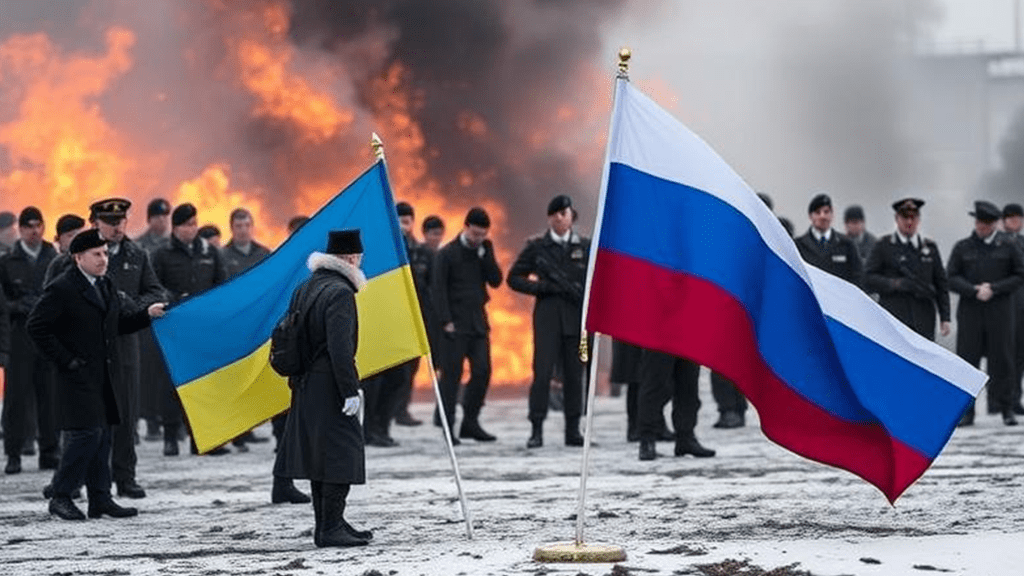NATO's latest stance and the European Union's sanctions.

February 06, 2025: NATO reaffirmed its commitment to supporting Ukraine, emphasizing that Russia “must not prevail” as the conflict continues. Secretary General Jens Stoltenberg called for increased military aid, urging member states to accelerate arms deliveries and strengthen Ukraine’s air defense capabilities. NATO allies remain cautious about direct involvement but continue intelligence-sharing and logistical support.
The European Union has expanded its sanctions against Russia, targeting additional individuals and entities involved in military aggression. The latest package restricts trade in high-tech components, blocks financial assets, and imposes travel bans on key Russian officials. Sanctions have also been extended to Belarus, Iran, and North Korea due to their involvement in supplying military equipment to Russia.
Ukraine continues to push for more substantial Western backing, requesting additional long-range weapons and advanced air defense systems. While some NATO countries are hesitant to escalate involvement, there is growing pressure to provide Ukraine with more direct military assistance. The EU is also discussing further financial support to help Ukraine maintain economic stability and rebuild critical infrastructure damaged by Russian strikes.
Moscow has dismissed the latest sanctions, stating they will have minimal economic impact. However, analysts note that restrictions on technology exports could significantly hinder Russia’s military production in the long term. Russian officials have warned that further Western intervention risks escalating the conflict, raising concerns about broader geopolitical consequences.
Beyond military and economic measures, NATO and the EU are increasing efforts to counter disinformation campaigns. Russian-backed media channels have been targeted with restrictions, and cybersecurity measures have been reinforced to prevent cyberattacks on European institutions.
As the war continues into another year, NATO and the EU face mounting pressure to balance military support for Ukraine while avoiding confrontation with Russia. Future decisions on aid, sanctions, and diplomatic efforts will shape the trajectory of the conflict and broader regional stability.


















































